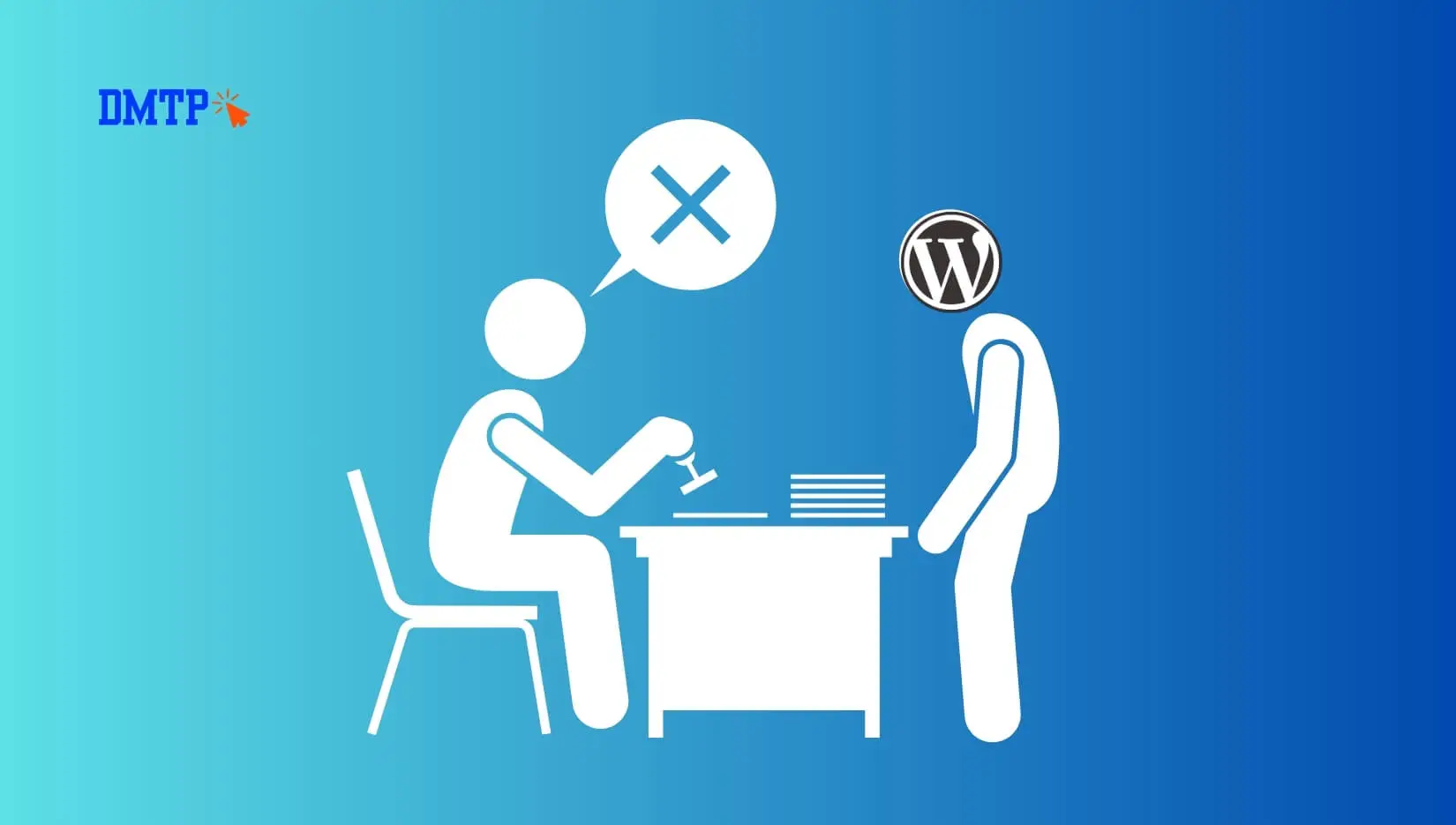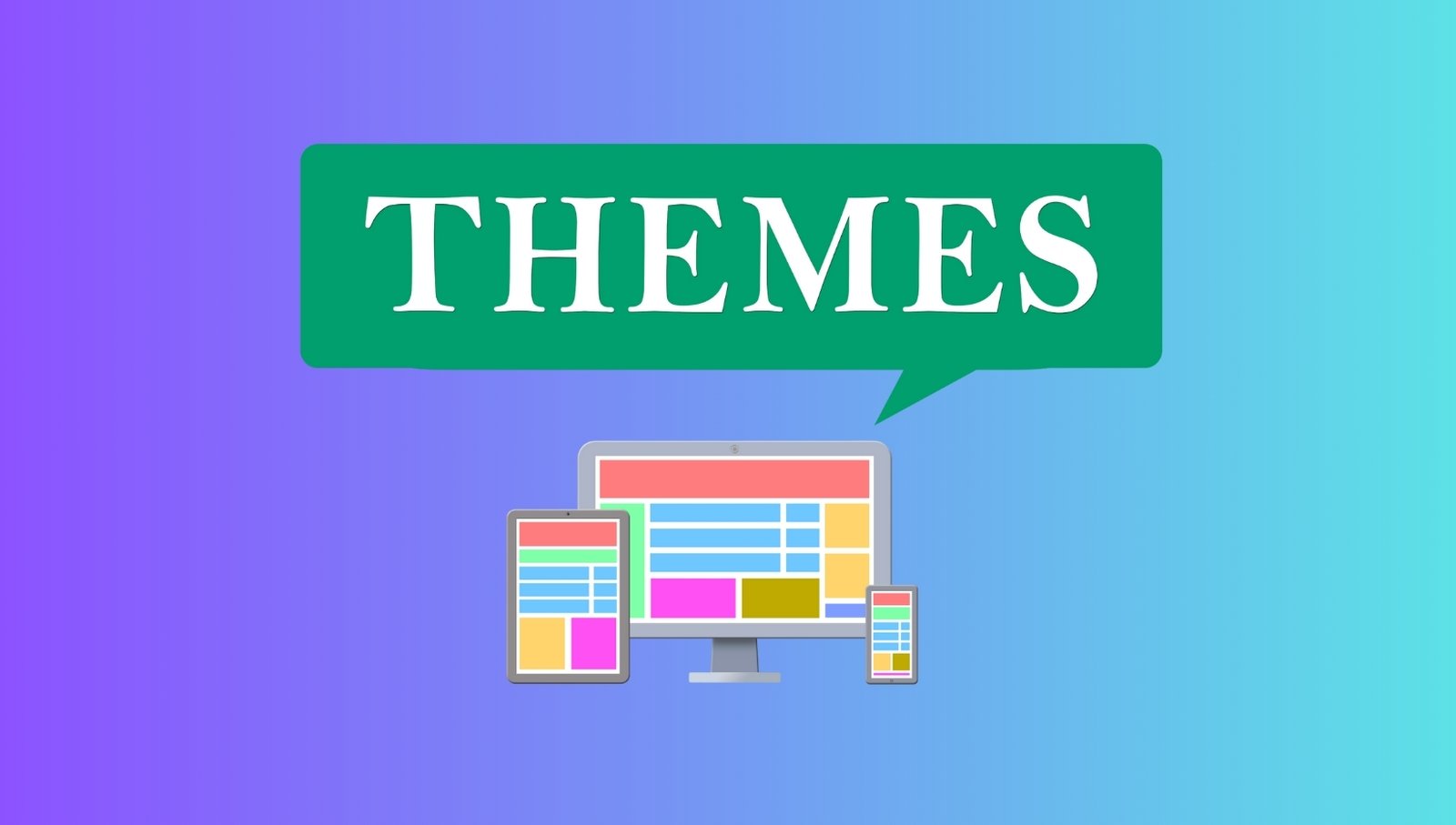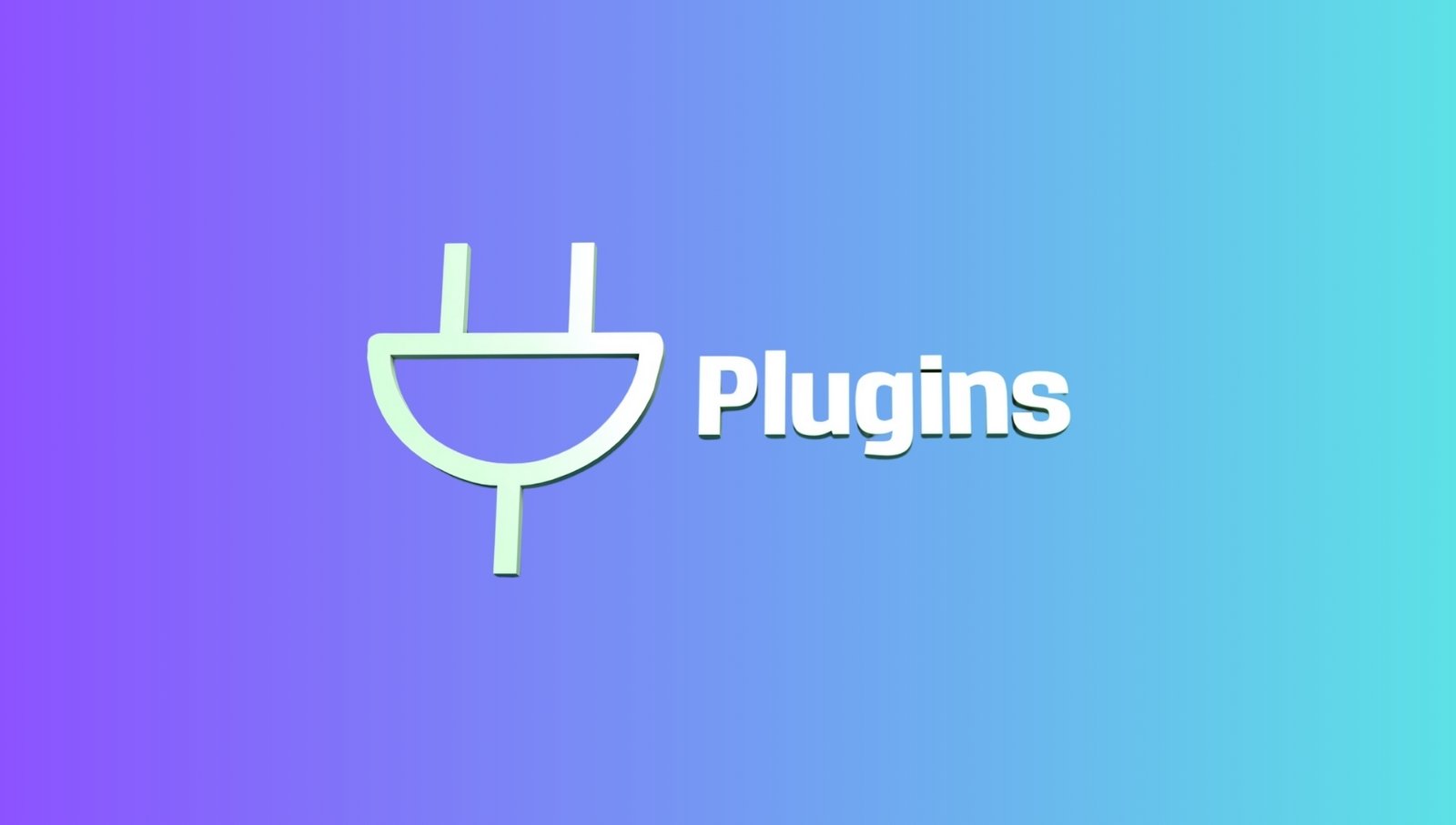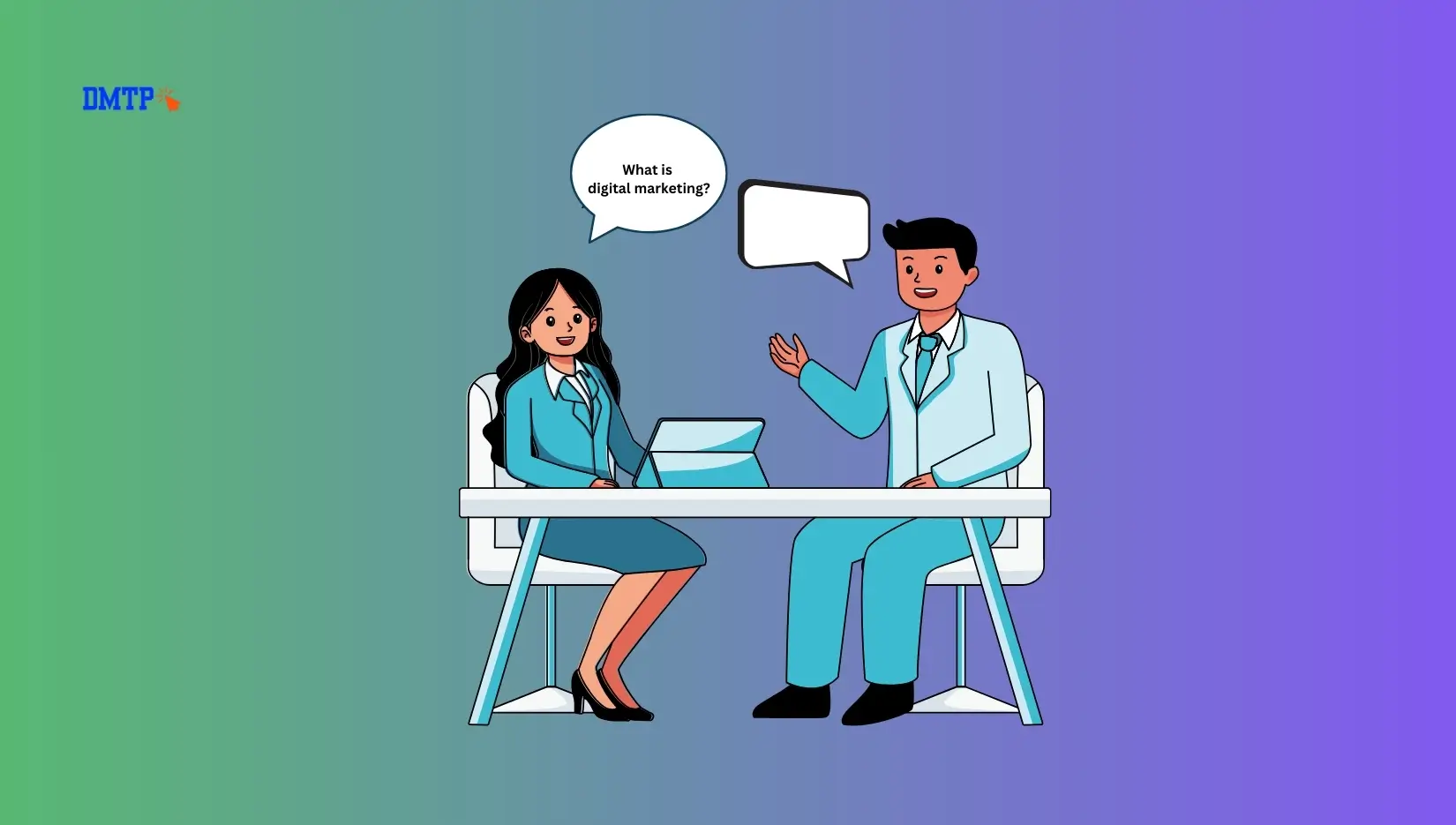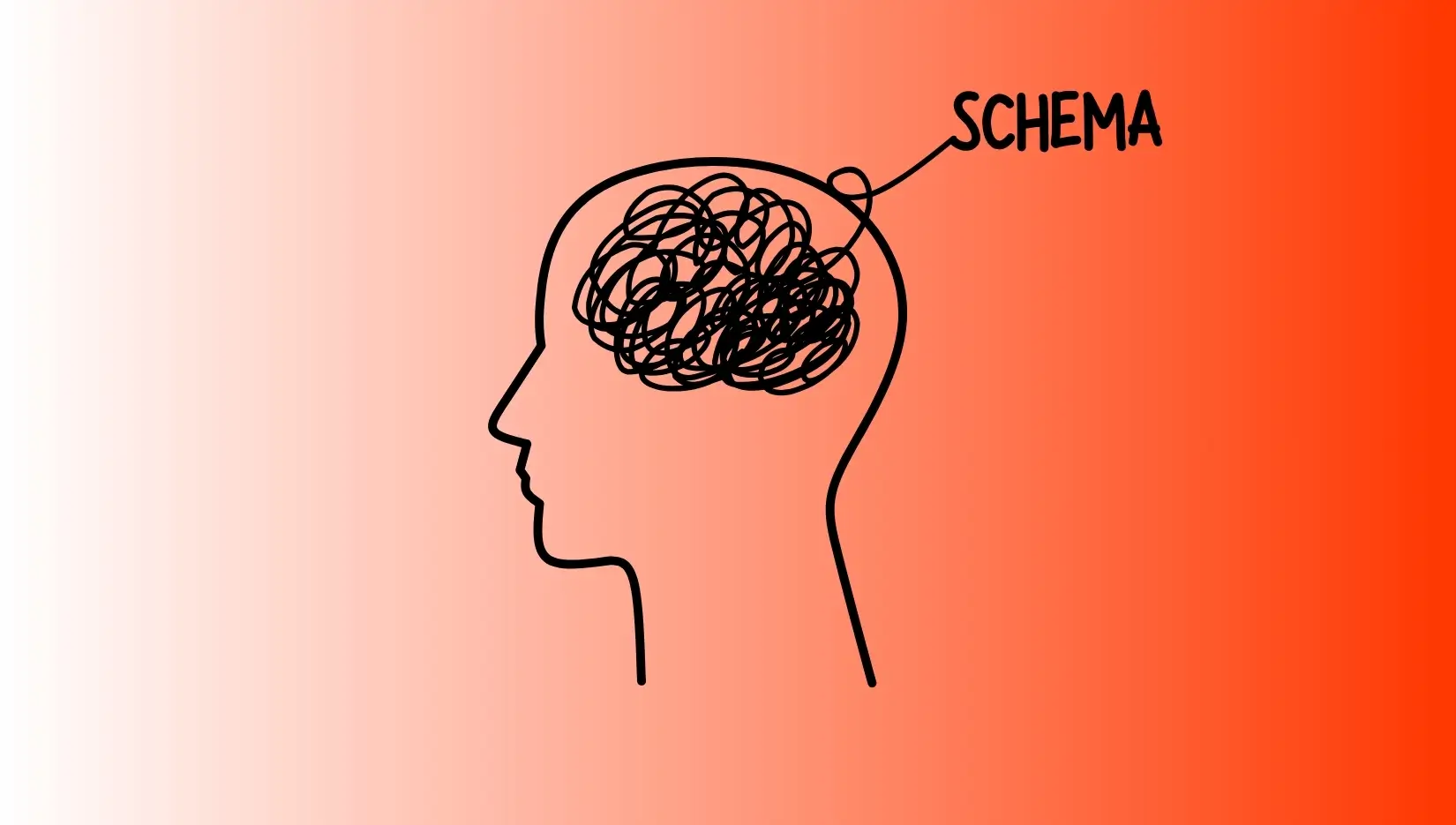Introduction
WordPress lets you publish content in a simple way, no matter if you’re a small-scale business or blogger, or news website. However, this ease of use can come with some hidden SEO risk. One of the most important? Duplicate content issues.
When search engines see different versions of identical or similar content, they become confused as to which page they should rank. Instead of improving your website’s visibility, duplicate content could hold your website back, weaken your authority, and eat up your budget for crawling.
The good news is that resolving the issues doesn’t require rocket science. The majority of duplicate content issues on WordPress can be identified quickly and resolved with the use of a few clever adjustments or settings.
In this article, we’ll take a look at the five most prevalent types of duplicate content issues in WordPress and explain how to resolve them issues.
1. Tag Pages Creating Thin Content
Tags aren’t a big deal as a simple method to organize your content. However, with WordPress, every tag creates its own archives page. These pages typically include the same bits of content as your categories and primary posts, resulting in self-competition.
The reason it’s a problem:
- Tag pages rarely provide unique value.
- If tags intersect in terms of categories, then they may be in competition for the same keywords.
- Many tags can create numerous low-quality websites that search engines could browse and then index.
How can I fix it:
- Check your tags and get rid of tags that aren’t needed.
- If you have tags that you want to keep, include the noindex dofollow directive by using an SEO-related plugin. This instructs search engines not to index pages for the tag, but they can still browse the tags.
- Maintain a simple taxonomy. More meaningful tags will result in a more efficient site structure.
2. Category Pages Without Unique Value
Similar to tag pages, categories may be a source of trouble. They typically display pages with similar titles and short snippets of text that search engines might see as thin or duplicate content.
However, here’s the real meaning:
- For publishers, categories such as “SEO,” “PPC,” or “Content Marketing” can actually be very effective landing pages.
- A small business blog, the generic category pages are usually in competition with primary service pages, and offer nothing of worth.
How do we fix it:
- If the categories you have created aren’t helpful to users, change your categories for noneindex.
- If they are of merit, you should include unique text on the uppermost part of every category page, explaining the subject, its importance, and what readers should anticipate.
- Make your own meta descriptions and titles instead of leaving WordPress to generate them automatically.
3. Competing Topics and Similar Posts
WordPress makes it simple to publish; however, that ease can result in several posts with similar subjects. Food bloggers with 20 chocolate chip cookie recipes, for instance, might be competing with others.
What’s the reason for this?
- Search engines battle to determine which one is worthy of ranking.
- The link’s equity as well as authority are dispersed over duplicates.
How do we fix it:
- Sort similar content in groups or categories (e.g., chewy cookies, party cookies, chewy cookies).
- Distinguish posts using modifiers like “gluten-free,” “holiday edition,” or “5 ingredients only.”
- Create unique and distinctive supporting contentlike context, tips, or user stories make every webpage stand out.
- If two posts are almost identical, you might consider combining them into a more powerful and updated resource.
4. Search Results Pages Generating URLs
Some WordPress themes generate URLs for internal search queries (e.g., yoursite.com/?s=keyword). If these URLs are indexed and are indexed, they can cause redundant or thin content problems.
What’s the reason for this?
- Search result pages don’t provide unique value.
- If external links lead to them, these could end up ranking in the wrong place instead of the content you are focusing on.
How can I fix it:
- Include a robots.txt disable rules on search variables ( ?s=).
- Double-check with Google Search Console that these pages aren’t getting indexed.
- Install a plugin that will change the internal pages for search results to zero-index.
5. Other Overlooked Sources of Duplicates
Beyond the tags category, tags, and the search URL, WordPress may produce duplicate content in different ways:
- Pages that are printer-friendly: Plugins or themes can create alternative versions of blog posts.
- Downloads of PDF: In the event that PDF-format versions of your posts can be indexed, they are duplicates of your web content.
- RSS feeds. A few feeds provide whole posts instead of short snippets of content, resulting in content overlap.
- HTTP or HTTPS WWW vs Non-WWW: In the event that all variants are in use, this is similar to having four identical websites.
How can I fix it:
- Print-friendly versions and PDF formats to zero-index.
- Be sure that your RSS feed only contains short descriptions and titles.
- Redirect the entirety of your HTTP web traffic to HTTPS and select one of the versions for your website (with and sans “www”).
FAQs About Duplicate Content on WordPress
1. How can I determine whether my WordPress website is suffering from duplicate content problems? Conduct the crawl with Screaming Frog, Sitebulb, or even check Google Search Console for duplicate warnings about title and description.
2. Do duplicate content problems necessarily harm rankings? Not always. Google generally chooses just one variant to be ranked. However, if you’re a site with a large amount of duplicate content, your website’s authority could be diminished, and the best content may never be seen.
3. What’s the simplest solution to solve problems with duplicate content on WordPress? Begin by implementing the SEO plug-in. Make use of it to set canonicals, noindex tags as well as category pages, and alter the titles. Also, handle structural changes like redirects and robots.txt updates.
Final Thoughts
Problems with duplicate content on WordPress aren’t typically an indication of poor content. They’re simply a result of how the platform creates URLs, archives, and alternate versions. However, if you don’t take action to fix them, they may impact your SEO’s performance.
By taking care to address the five most commonly encountered duplicate content problems, such as tags categories, tags, competing posts, as well as search URLs and unnoticed extras, you’ll provide search engines with an accurate view of your most relevant content. The result? Better rankings, an improved user encounter, and a website that is designed to grow.
Also Read: 10 Must-Have Plugins for WordPress Every New Site Needs

